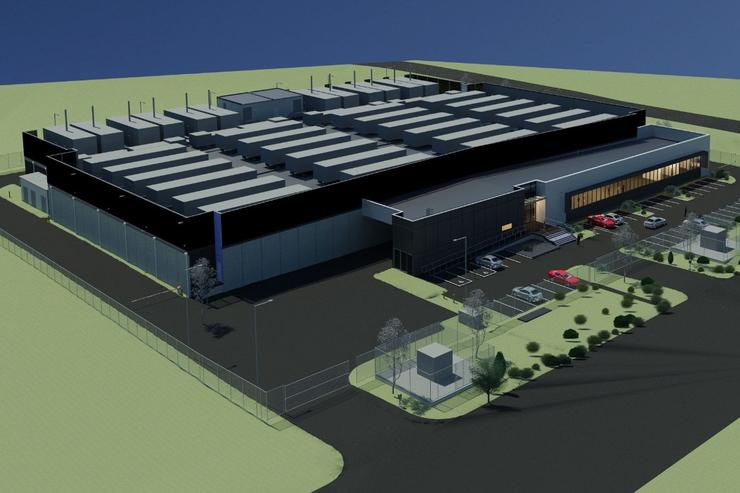The Rackspace data centre in Western Sydney will be critical to the company’s expansion in Australia, according to country manager for Australia and New Zealand, Mark Randall. The American cloud company announced that its first data centre in Australia is nearly finished construction and will go live in late 2012.
Private cloud has been Rackspace’s largest growth area in Australia over the last two to three years, Randall told Computerworld Australia. OpenStack is “rapidly gaining traction,” Randall said. “The University of Melbourne is “running one of the largest OpenStack-based clouds,” and other Australian universities are following, he said. Australia is among the top 10 nations downloading the free OpenStack private apps, he added.
Most customers are small and medium businesses, he said. “They’ve moved above being a business that has a brochure online.” Digital assets “have become important to them but they’re not a big organisation” with expertise in that area, he said.
However, lacking a data centre was holding back Rackspace in the Australian market, Randall said. “For every project that we’d won, we’ve lost one” because the customer wanted to keep their data onshore, Randall said. He noted “significant concerns around hosting offshore in terms of the data privacy” and also performance. Rackspace hopes that launching a data centre will allow it to win previously wary customers and upsell existing customers into a range of new services, he said.
Government and financial services are likely early targets for new services, Randall said. During the announcement, New South Wales Deputy Premier and Minister for Trade and Investment, Andrew Stoner, said the state government hasn’t signed any contracts with Rackspace, but could consider doing business with Rackspace “as we seek to move to an e-government era".
Rackspace sees the telcos as its main rivals in Australia, particularly on enterprise cloud, Randall said. But the company believes it can beat the competition on cost and customer service, he said. “There a lot of global players moving into this market [and] there’s a number of different local players in this market,” he said. “We’re not trying to own the whole pie. It’s going to be a very big pie” and “we think we can take a healthy chunk of it.”
Randall said there’s room for expansion at the data centre’s West Sydney location in Erskine Park. “We’re the anchor tenant in that facility,” he said. There are four data centres under construction and space for four more, he said.
Navigating different and evolving privacy laws in different countries has been a challenge for a global company like Rackspace, Randall said. “A lot of countries are using [privacy] as a trade weapon,” he said. But “human error” is usually to blame for data breaches, he said. “Security in reality is more to do with the quality of the systems, the processes and the people than it is which country your data is in, and I think that has been lost among some of the hype and hysteria we’ve seen in some markets outside of the US.”
Randall emphasised Australian data would stay in Australia during Rackspace’s announcement. “We already offer our customers contracts under New South Wales law, under Australian jurisdiction, with compliance with Australian privacy laws,” he said. “Customer data will be hosted only in Australia, unless a customer specifically requests us to host offshore ... Rackspace won’t transfer customer data from our Australian data centre to a law enforcement agency of another country, including the United States, without the customers’ consent, unless compelled to do so by Australian law.”
The US Patriot Act won’t require Rackspace to comply with US law enforcement requests for data hosted in Australia, Rackspace officials said. Data hosted in Australia is subject to Australian laws, Randall said.
“If the US government felt that there is something being hosted that might be illegal in nature ... they could make a request to Rackspace,” said Rackspace managing director for Asia Pacific, Jim Fagan. “We would actually then instruct them to work with the Australian authorities on it.” If the Australian government deems the request valid, “we would turn over that data to the Australian legal authorities.”
Follow Adam Bender on Twitter: @WatchAdam
Follow Computerworld Australia on Twitter: @ComputerworldAU, or take part in the Computerworld conversation on LinkedIn: Computerworld Australia




